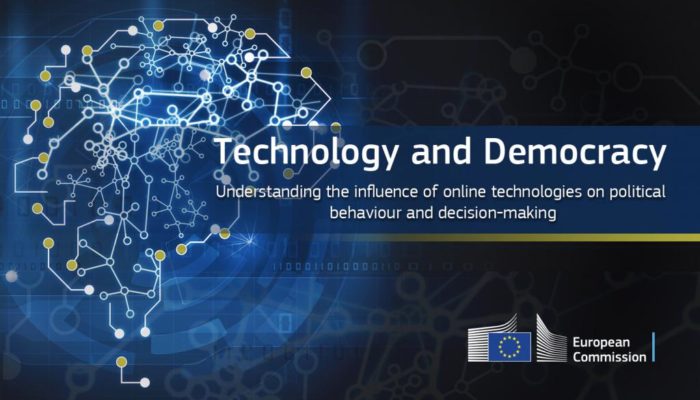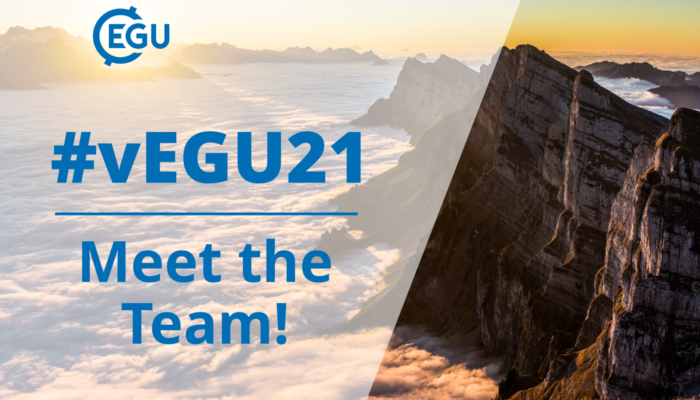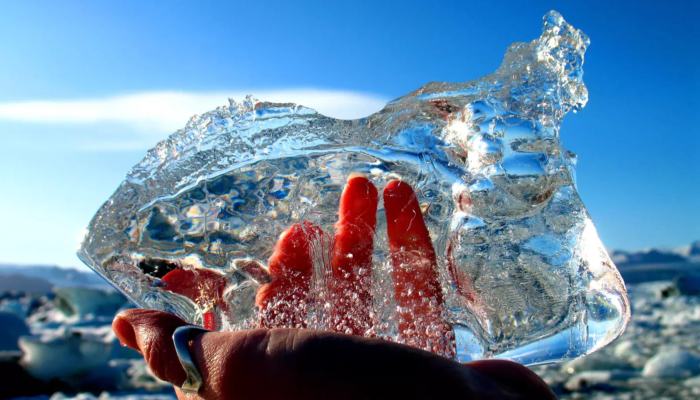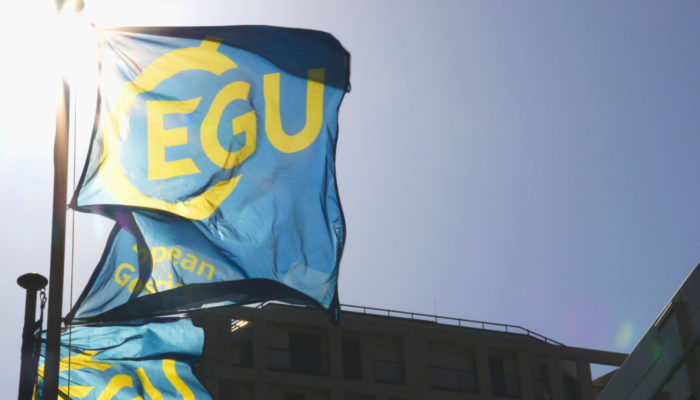This year for vEGU21 we are very excited to be welcoming three great people into our EGU Communications Team for the next month to help with social media, blogging and the press conferences. These interns and volunteer are going to be assisting EGU Communications Officer Hazel Gibson and Head of Media, Communications and Outreach Terri Cook, in the run up to, and during the General Assembly, so if ...[Read More]
GeoPolicy: Social media is influencing our political behaviour, democracies, and scientific communities

A recently published report from the European Commission’s Joint Research Centre has found that our democracy is under pressure from the influence that social media has on our political opinions and our behaviours. What can be done to mitigate this and what could it mean for our democracy, society and scientific community? The pros and cons of living in an increasingly online world The COVID-19 pa ...[Read More]
GeoPolicy: Atmospheric Sciences and Climate: Past, Present & Future Divisions welcome the US back into the Paris Climate Agreement
As of 19 February 2021, the US officially re-joined the Paris Climate Agreement, a landmark international accord to limit global warming by 2°C (and ideally to 1.5°C) compared to pre-industrial levels. The Paris Climate Agreement aims to bring the world together to avoid catastrophic warming that will impact us all and to build resilience to the consequences of climate change that we are already s ...[Read More]
New for EGU in 2020
2020 was a year of new challenges and new ways of working for many. As thousands of people began working in news ways, embracing digital life even more than had previously been imagined, EGU was also trying new things – not least of which our emergency online replacement for the General Assembly in the spring of 2020: Sharing Geoscience Online. Because of the number of changes we went throug ...[Read More]



